News Release | June 21, 2021
Funds will provide capital and technical assistance to bolster diverse small businesses impacted by COVID-19
WASHINGTON, D.C. – June 21, 2021 – Wells Fargo has selected City First Enterprises, ECDC Enterprise Development Group, Latino Economic Development Center (LEDC), National Community Reinvestment Coalition (NCRC) and Washington Area Community Investment Fund (Wacif) to receive grants from its Open for Business Fund, bringing nearly $10 million to Washington, D.C., to help underserved small businesses stay open and preserve jobs. The funding will enable these organizations to provide short- and long-term COVID-19 recovery efforts, technical assistance, and micro-lending programs for diverse small business owners.
The Open for Business Fund is a roughly $420 million small business recovery effort across the U.S. to help entrepreneurs recover and rebuild. Through this initiative, Wells Fargo is engaging Community Development Financial Institutions (CDFIs) and nonprofits to provide much-needed capital, technical expertise, and long-term resiliency programs to small business owners who have been hard hit by COVID-19. Through May, the Open for Business Fund is helping a projected 35,000 minority-owned small businesses keep an estimated 90,000 jobs nationwide and we will continue to announce new grants throughout 2021.
“So many of our small businesses aren’t just shops and services; they’re reservoirs of wisdom and accumulated expertise. Places like JC Lofton Tailors, a family owned local tailor business that carries 80 years of a powerful legacy. The saying goes, ‘A stitch in time saves nine’ – and this is that time. We need to help them now so they’ll be there later,” said LISC DC Executive Director, Ramon Jacobson.
The owner of JC Lofton Tailors in Washington D.C. applied for and received a $10,000 grant from Wells Fargo’s Open for Business Fund through LISC D.C., allowing him to catch up on some of his bills. Among the first to receive to receive funding from the Open for Business Fund announced last year, LISC DC has used the funding to distribute grants ranging from $5,000 to $15,000 to small businesses like JC Lofton Tailors, as well as recoverable backed 0% loans ranging from $15,000 to $100,000.
In addition to existing small business support, the CDFIs will develop and expand programs aimed to address systemic issues and unique challenges faced by diverse entrepreneurs. “The pandemic along with natural disasters has increased the vulnerability of entrepreneurs across the region, especially those involved with long-term construction projects. Disruption is the new normal.” said Wacif CEO Harold Pettigrew, Jr. “With the launch of the National Capital Small Business Resilience Center, we are proud to build on our long-term, strategic partnership with Wells Fargo, and to provide a new set of solutions to support and position underserved entrepreneurs to drive regional economic recovery.”
“ECDC Enterprise Development Group is extremely pleased and grateful to Wells Fargo for funding that means so much to so many small business owners impacted by COVID that desperately need support to bounce back and maintain their business.” said Fikru Abebe, Managing Director at ECDC Enterprise Development Group. “This will be done through re-financing and restructuring their loan, with a reduced interest rate of 3%.”
“The Open for Business Fund enlists the care and expertise of organizations like City First Enterprises, ECDC Enterprise Development Group, NCRC, LEDC, Wacif and LISC D.C., to urgently assist the small business community and to help navigate entrepreneurs back to growth.” said Jenny Flores, head of Small Business Growth Philanthropy. “.”
“For too long, businesses in lower-income neighborhoods have been ignored by lenders,” said John Taylor, President and Founder of the National Community Reinvestment Coalition. “Wells Fargo’s grant to our Community Development Fund will allow us to continue to offer affordable loans to small business owners, with a particular emphasis on lending to minority and/or women-owned businesses. We appreciate Wells Fargo’s continued commitment and leadership to helping communities of color and working poor communities access capital and as a result create jobs and increase economic activity.”
“At City First Enterprises we believe in the strength of human resilience in the face of formidable challenges.” said Oswaldo Acosta, President and Executive Director at City First Enterprises. “We are optimistic about a healthy recovery for our region’s economy and the continued vibrancy of our small business corridors. However, we acknowledge the path ahead will be difficult without key investments from stakeholders in the financial sector. Wells Fargo’s Open for Business Fund is a strong signal that our sector’s leaders are determined to play a pivotal role in an equitable recovery. We are excited about this partnership and ready to deliver inclusive capital to our communities where it is needed the most.”
“Wells Fargo’s support of LEDC has been invaluable over the years. We have been able to launch new initiatives and expand our reach to some of the most underserved entrepreneurs in the country,” said Marjorie Nemes, LEDC Interim Executive Director & CEO. “This investment will allow LEDC to finance small businesses impacted by COVID-19 in innovative ways and help to ensure the long-term sustainability of LEDC.”
###
About Wells Fargo
Wells Fargo & Company (NYSE: WFC) is a diversified, community-based financial services company with $1.92 trillion in assets. Wells Fargo’s vision is to satisfy our customers’ financial needs and help them succeed financially. Founded in 1852 and headquartered in San Francisco, Wells Fargo provides banking, investment and mortgage products and services, as well as consumer and commercial finance, through 7,200 locations, more than 13,000 ATMs, the internet (wellsfargo.com) and mobile banking, and has offices in 31 countries and territories to support customers who conduct business in the global economy. Wells Fargo serves one in three households in the United States. Wells Fargo & Company was ranked No. 30 on Fortune’s 2020 rankings of America’s largest corporations. News, insights and perspectives from Wells Fargo are also available at Wells Fargo Stories.
About City First Enterprises
City First Enterprises is a mission-driven institution working at the intersection of financial innovation and impact investment. To help mitigate economic and racial inequity, CFE capital is put to use by supporting affordable housing, small businesses, increasing access to community facilities for the arts, health, education, and other social services, and to support sustainable living through green energy. For more information on City First Enterprises, please visit us at cfenterprises.org.
About ECDC Enterprise Development Group
ECDC’s Enterprise Development Program was originally founded in 1992 as the result of a grant from the U.S. DHHS Office of Refugee Resettlement (ORR). The Micro-Enterprise Development Program expanded in 1994 with a grant from the Small Business Administration (SBA) to serve all low-to-moderate income entrepreneurs. In 2001, ECDC’s Micro-Enterprise Development Program officially transformed into the organization that we know today: The Enterprise Development Group (EDG), a separately incorporated 501(c) (3) non-profit subsidiary of ECDC.
ECDC Enterprise Development Group’s mission is to promote opportunities for self-sufficiency and personal development to low-to-moderate income people through sustainable economic and community development initiatives accomplished through provision of microloans, ranging from $500 to $50,000, credit builder loans, car loans, business training, pre-loan and post loan technical assistance, affordable incubation commercial spaces and free tax service. Thus-far, EDG has made 2700+ small business loans worth $37+ million.
About National Community Reinvestment Coalition
The National Community Reinvestment Coalition and its grassroots member organizations create opportunities for people to build wealth. We work with community leaders, policymakers and financial institutions to champion fairness in banking, housing and business. NCRC was formed in 1990 by national, regional and local organizations to increase the flow of private capital into traditionally underserved communities. NCRC has grown into an association of more than 600 community-based organizations in 42 states that promote access to basic banking services, affordable housing, entrepreneurship, job creation and vibrant communities for America’s working families. More: www.ncrc.org
About Washington Area Community Investment Fund, Inc.
The Washington Area Community Investment Fund, Inc. (WACIF) is one of the Washington, D.C. area’s leading nonprofit Community Development Financial Institutions (CDFIs). WACIF’s mission is to increase equity and opportunity in underserved communities in the Washington, D.C. area by investing financial, knowledge, and social capital in underserved entrepreneurs. Since its inception in 1987, WACIF has invested more than $50 million in the region, creating and retaining more than 3,000 jobs. To learn more about WACIF, visit www.wacif.org.
About Local Initiatives Support Corporation D.C.
With nearly 40 years in the nation’s capital, LISC DC works to make the District and the region a more inclusive, equitable, and prosperous place for all. Our strategy is rooted in the belief that neighborhood leaders and organizations best understand the assets and needs of their communities. Together, we cultivate a range of projects and initiatives to address poverty, disinvestment, and the structural and historic impacts of racism to build a more resilient community of opportunity.
About The Latino Economic Development Center (LEDC)
Working families deserve to live in affordable homes and own successful small businesses, but too many are unable to turn those dreams into a reality. The Latino Economic Development Center (LEDC) equips Latinos and other underserved communities in DC, MD, VA, and Puerto Rico with the skills and financial tools to create a better future for their families and communities. Participants in our programs learn how to buy and stay in their homes, join with their neighbors to keep their rental housing affordable, and start or expand small businesses.
Related Posts
If you enjoy reading this, then please explore our other articles below:



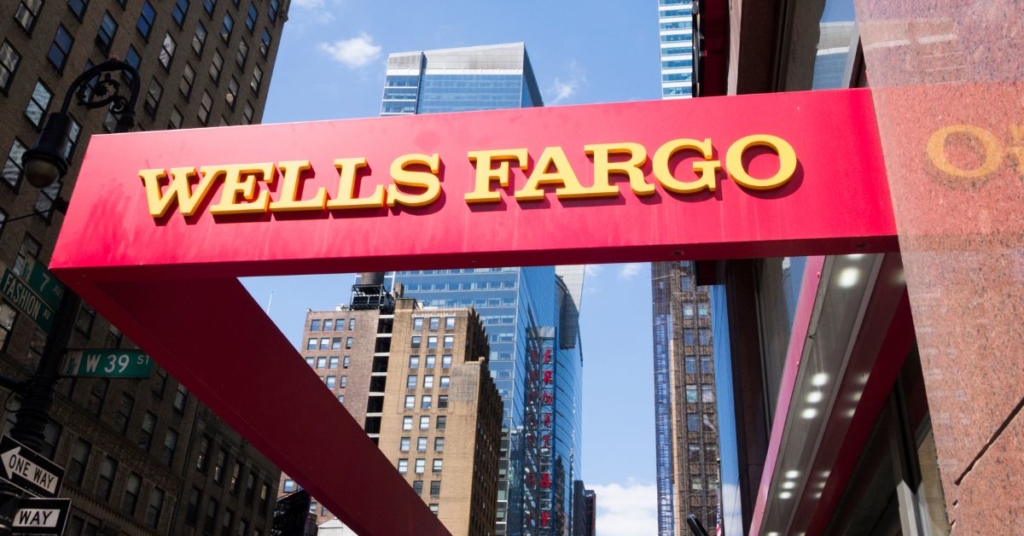
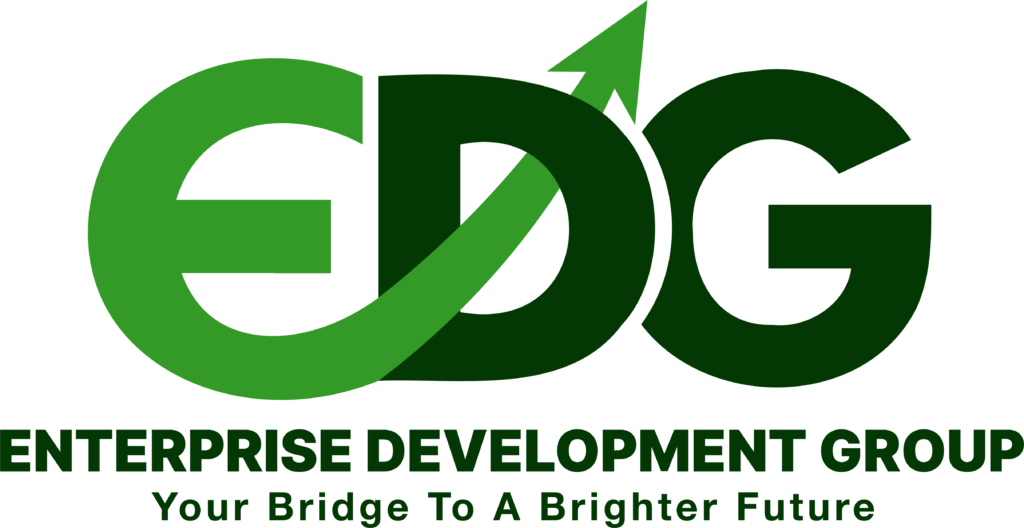
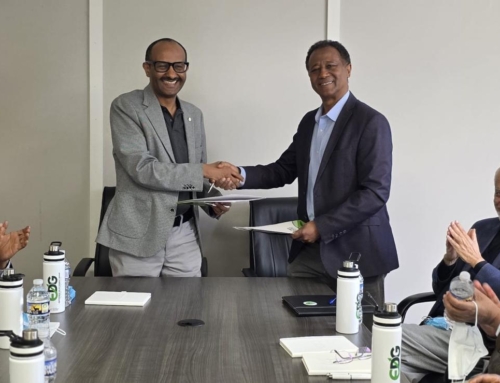
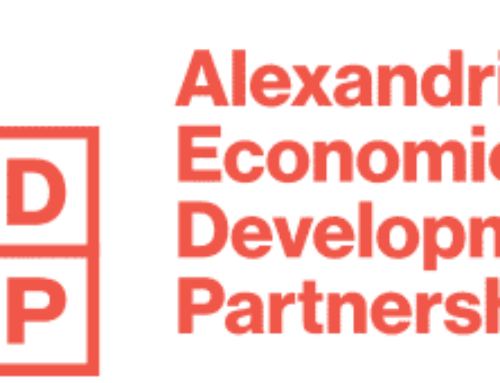
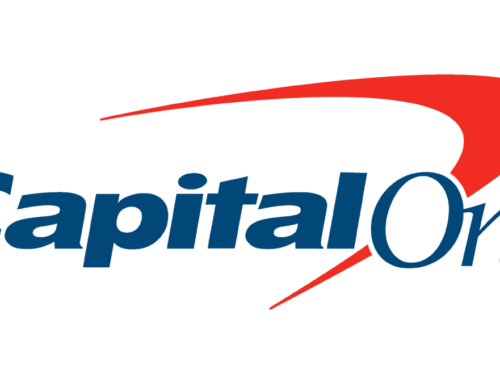
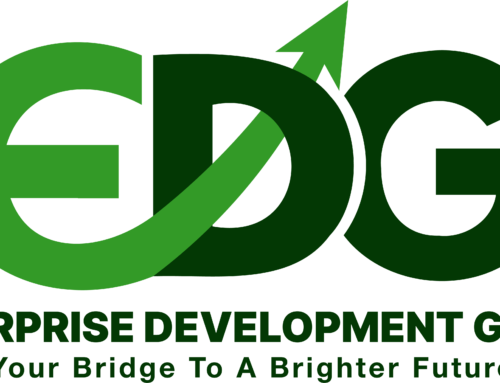

Get Social